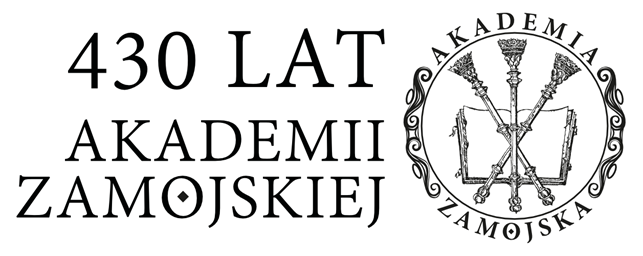Selected youth exchange programs in the Visegrad Group countries
Liliana Węgrzyn-Odzioba
Abstract
Year 1991 brought a new, informal, forum onto political arena, the Visegrad Group, encompassing Poland, Hungary and Czechoslovakia. Activities in this field paved the way to create new original solutions, resulting in International Visegrad Fund created in 2000, the only formal structure of Visegrad. The main aims of International Visegrad Fund are to provide financial support of common cultural, scientific and educational projects, youth exchanges, cross-border projects and tourism promotion. This initiative, but also other programs, undoubtedly remain in the shadow of the next edition of ERASMUS program. However, the development of cooperation and youth exchange within the Visegrad Group within other projects, including Queen Jadwiga Fund, Comenius, Europe for Citizens are also worth mentioning. Therefore, this article will analyze in detail the meaning of youth exchange programs at European level with regard to V4 countries, with particular emphasis on Poland. Moreover, this study will explore the specificity of this collaboration and the possibility of strengthening actions aiming at closer collaboration in the area of culture and education.
Keywords:
Erasmus, Comenius, Students mobilityDetails
References
Statistics
Authors
Citation rules
Licence

This work is licensed under a Creative Commons Attribution-NonCommercial-ShareAlike 4.0 International License.


 Język Polski
Język Polski
 English
English
